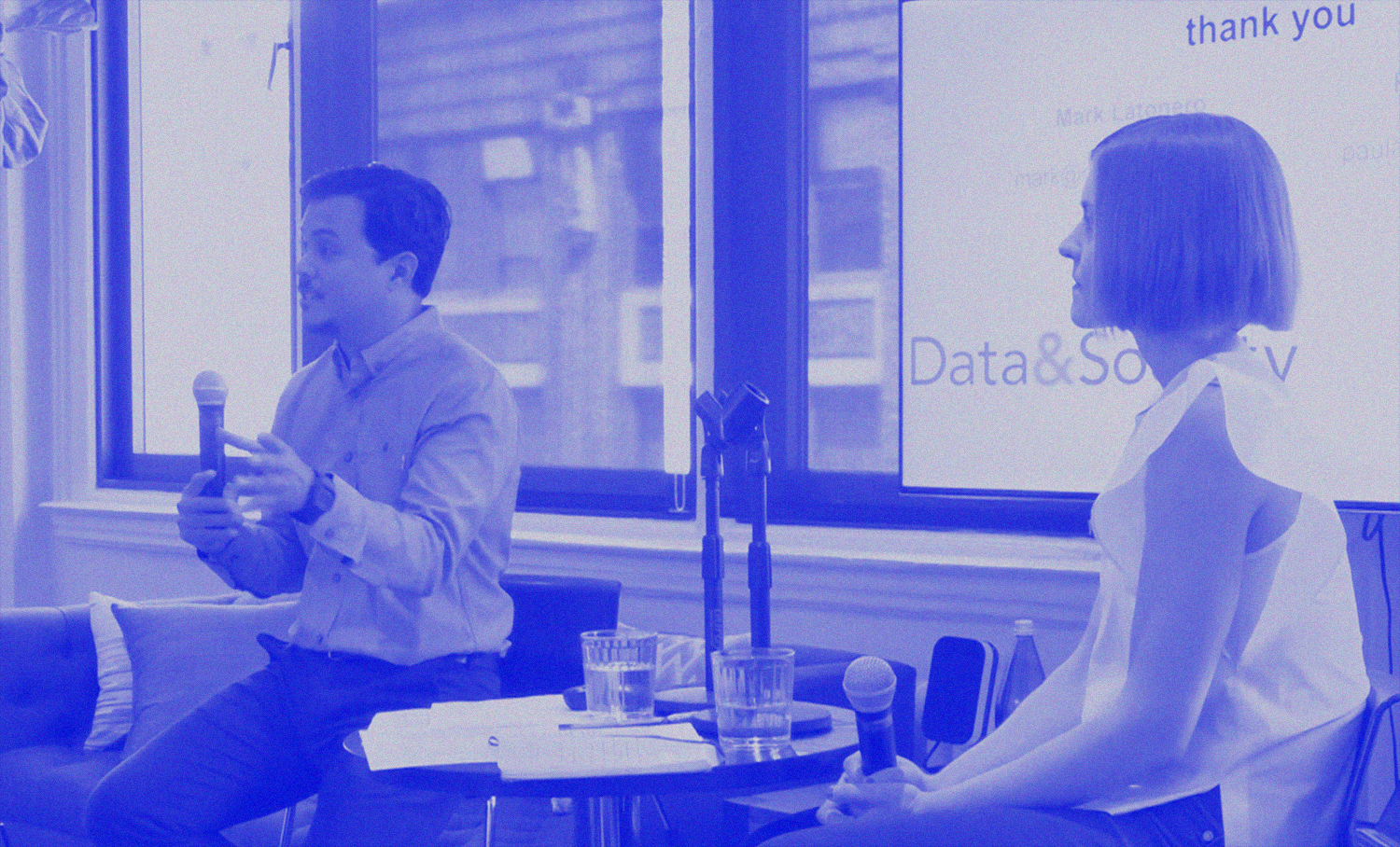Numerous media reports have highlighted that refugees now increasingly rely on digital devices such as smartphones in order to traverse their perilous routes, contact lost family members, or find safe places before dark. But claims that “a smartphone” may be “the most important” tool for Syrian refugees misses the bigger picture.
Phones, social media, mobile apps, online maps, instant messaging, translation websites, wire money transfers, cell phone charging stations, and Wi-Fi hotspots have all created a new digital infrastructure for global movement. This infrastructure is as critical to refugees today as roads or railways. But digital infrastructures for movement can just as easily be turned into infrastructures for control by governments, corporations, and even criminals. Indeed, governments are increasingly experimenting with similar digital technologies to reinforce their border controls—to collect, process, and instrumentalize data in order to interfere with the movement of “undesirable” migrants.
Mark and Paula explore these tensions and discuss how this new digital infrastructure 1) facilitates and constrains the flow of data and people, 2) conceals and constructs identity and status, and 3) affects refugees’ fundamental rights to privacy, data protection, and asylum.
Recommended reading:
- Refugees’ New Infrastructure for Movement
- A 21st Century Migrant’s Essentials: Food, Shelter, Smartphone
- EU Asks Techfirms to Pitch Refugee Tracking Systems
Mark Latonero is a 2015-2016 Data & Society fellow. He is also a professor and research director at the USC Annenberg School’s Center on Communication Leadership & Policy and leads its Technology and Human Trafficking Initiative. Mark researches the intersections between data, development, and human rights, advancing the empirically-driven research needed to create a shared understanding of risks and benefits of data-centric approaches to social issues.
Paula Kift is a PhD student in the Department of Media, Culture, and Communication at NYU. Her work focuses on the intersection of global privacy governance, migration and transborder data flows. Paula holds a BA summa cum laude in French Literature, European Cultural Studies and Near Eastern Studies from Princeton University and a master’s degree in public policy from the Hertie School of Governance in Berlin.
About Databites
Data & Society’s “Databites” speaker series presents timely conversations about the purpose and power of technology, bridging our interdisciplinary research with broader public conversations about the societal implications of data and automation.


